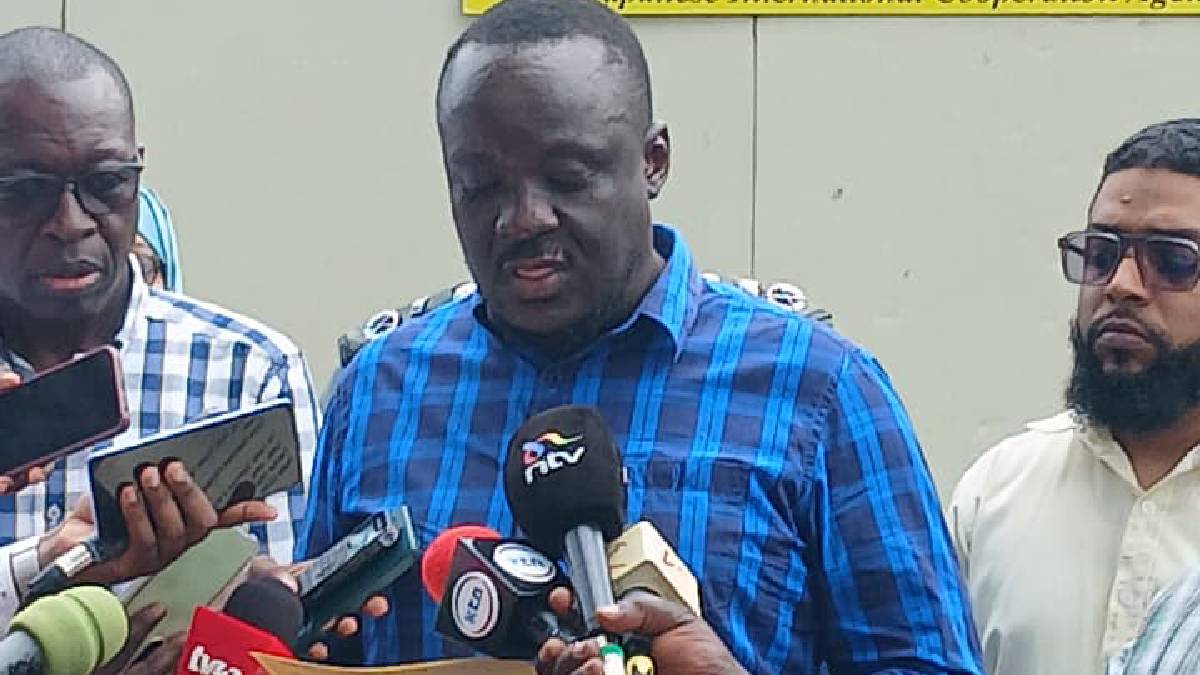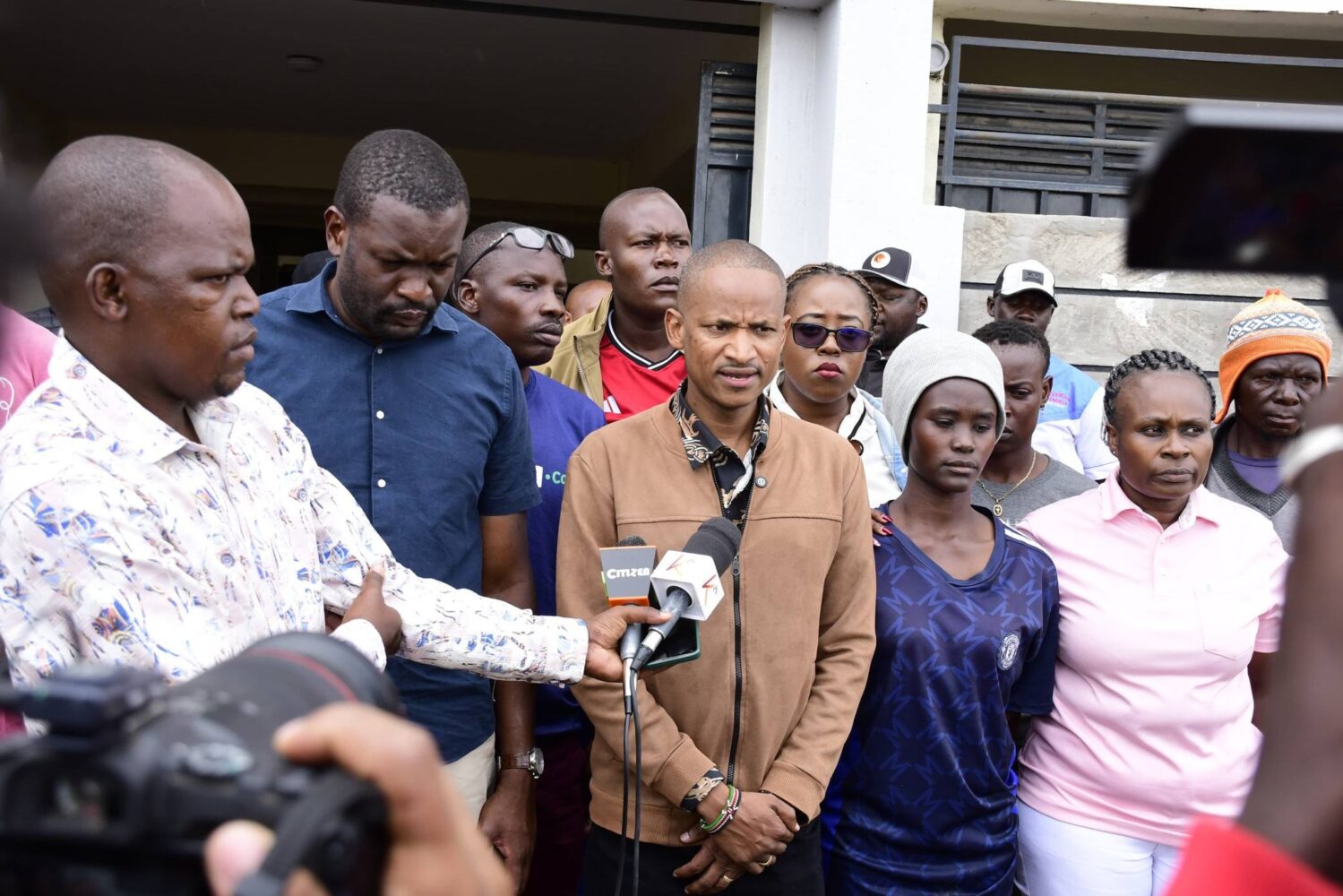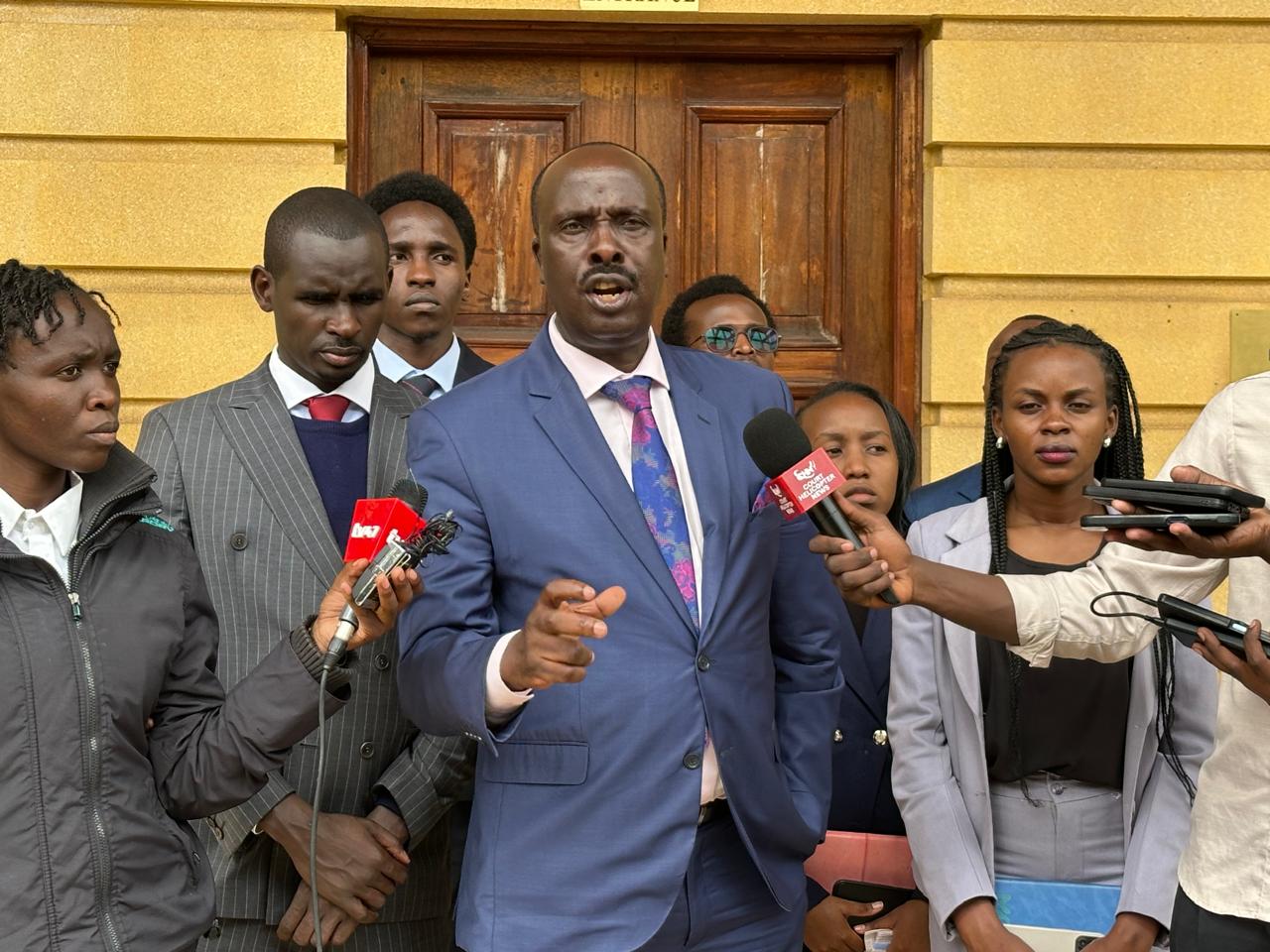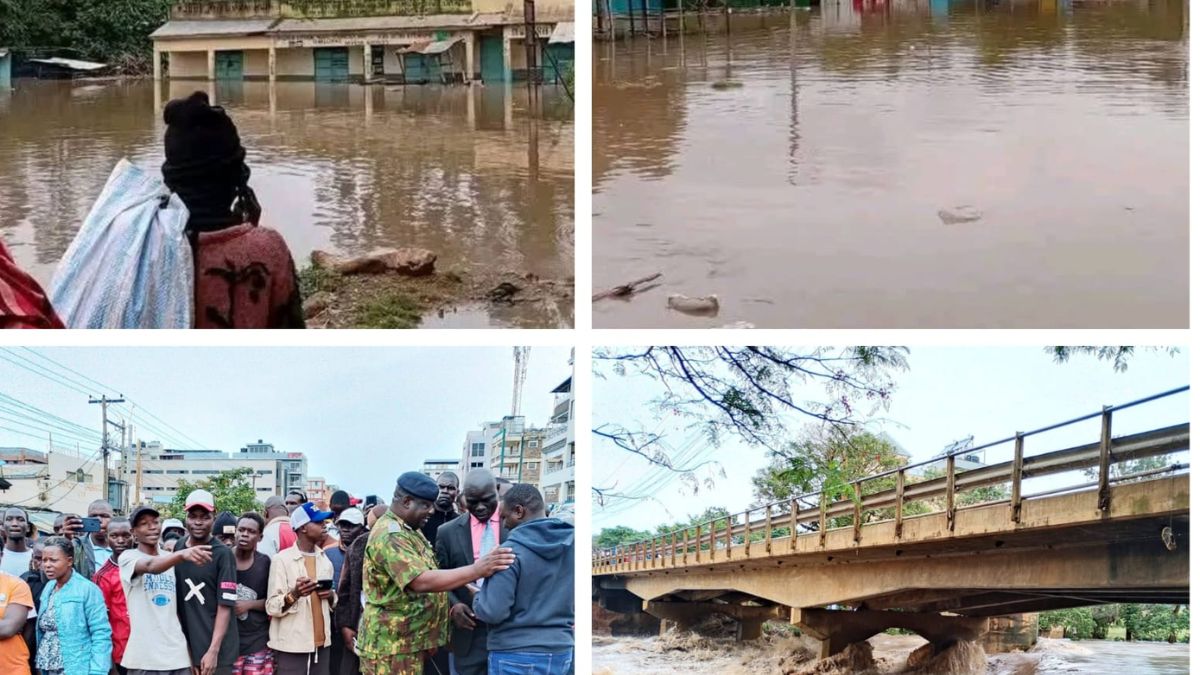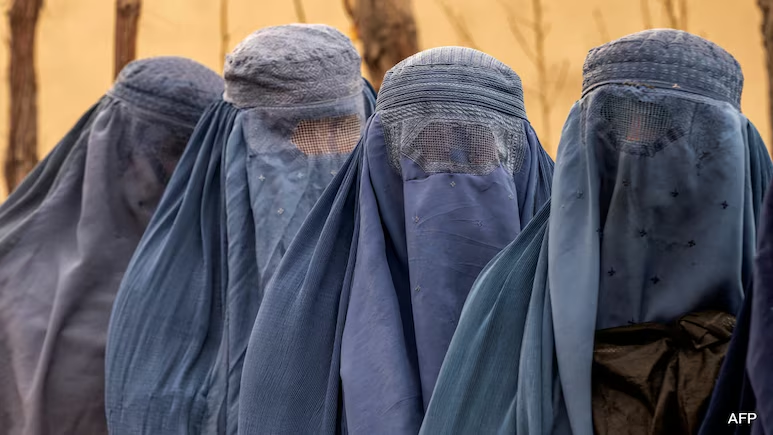The United Nations (UN) has revealed that 383 aid workers were killed in 2024, making it the deadliest year ever recorded for humanitarian staff. The alarming figure underscores the extreme dangers faced by humanitarians working in war zones, disaster-hit regions, and areas of political instability.
“Last year was the most dangerous year on record for aid workers,” the UN said. “Humanitarians risk everything to reach people in need, and far too often they pay with their lives.”
The UN noted that alongside the deaths, hundreds more were injured, detained, or attacked while delivering essential services. These figures highlight a troubling trend of shrinking humanitarian space, where aid workers are increasingly targeted despite international protections.
The commemoration of World Humanitarian Day on August 19 also marked 22 years since the 2003 bombing of the UN headquarters in Baghdad, Iraq, which killed 22 staff members including Sergio Vieira de Mello, the then-UN Special Representative for Iraq.
“On this day, we not only remember our colleagues lost in Baghdad, but we also honor all the brave women and men who continue this mission, often at unimaginable risk,” the UN said in its statement.
World Humanitarian Day serves both as a tribute and a reminder of the urgent need to safeguard those on the frontlines of crises. “The world must do more to protect aid workers,” the UN emphasized. “Their courage is the backbone of humanitarian response — without them, millions would be left without hope.”
As global conflicts intensify and natural disasters increase, the call to protect humanitarian workers is growing louder. For the UN, remembering the fallen and protecting the living remain inseparable responsibilities.




